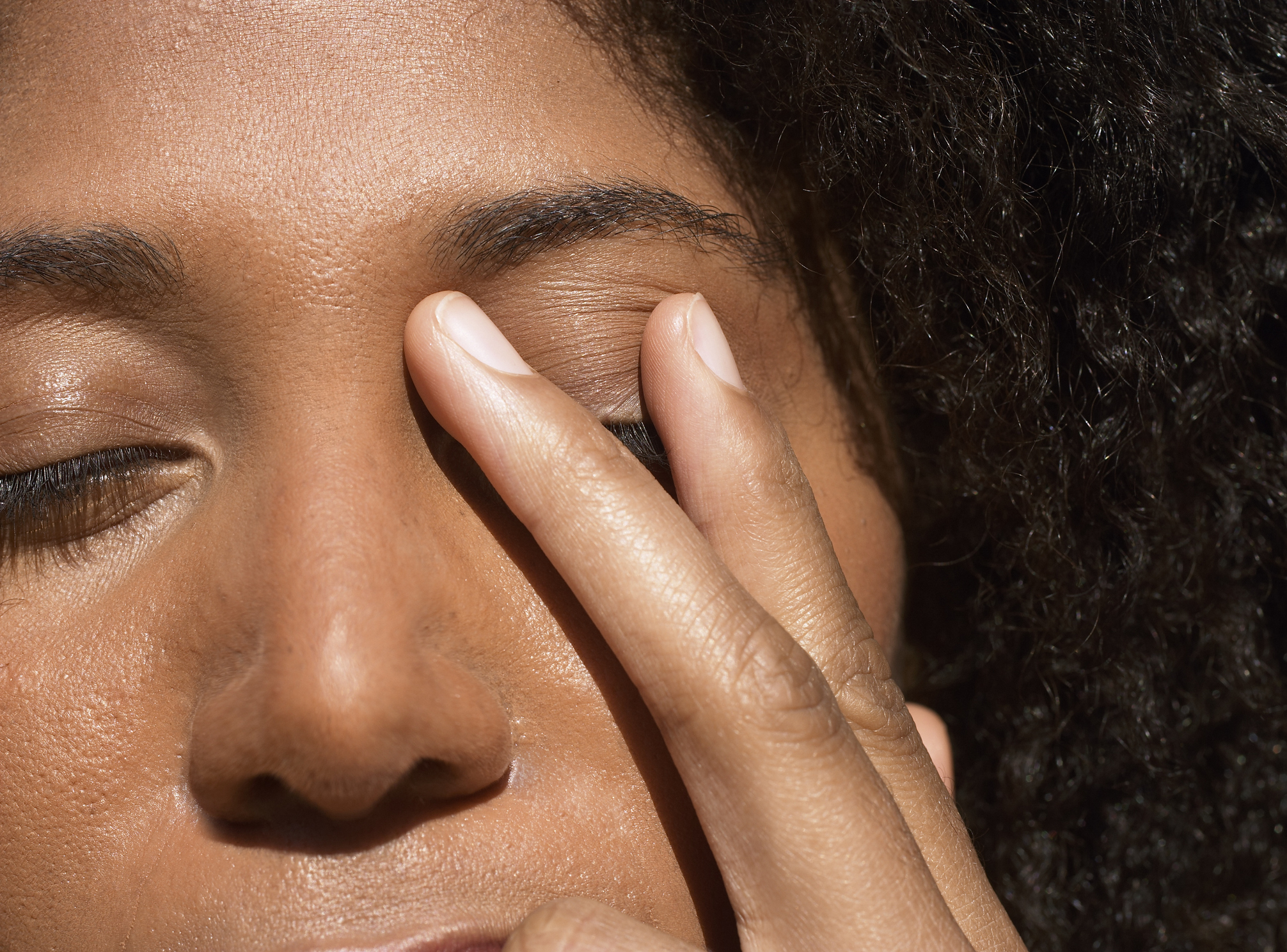Am I a highly sensitive person (HSP)? Here’s how you can be sure
Do you feel things deeply and experience overwhelm in busy environments? You might be a highly sensitive person

Have you ever been told you’re “too sensitive”? Maybe people even call you shy, overly emotional, or quiet. You might just be a highly sensitive person or HSP.
And according to psychologist Elaine Aron, who coined the term, HSPs make up about 15 to 20 percent of the population. But what exactly is an HSP? And what are signs you have this personality trait? Our mental health experts have the answers.
- Best dating apps reviewed: how to pick the best digital matchmaker for you
Highly sensitive person traits: What are the signs?
Dr. Audrey Tang, a psychologist and mental health and wellness expert, explains the three areas an HSP will report sensitivity in:
1. Sensitivity about the self
“This includes getting emotionally hurt easily; beating oneself up about things (often that others may not even have realized); feeling rejection and negative emotions from others easily; has difficulty letting go of negative emotions such as guilt; often experiences physical symptoms such as headaches or digestion problems when faced with an emotional day.”
2. Sensitivity about others
“For example, worrying about what others are thinking; taking even constructive feedback to heart; feeling like you are always being judged, and having a preoccupation with what others may be thinking; feeling self-conscious in group situations and sometimes even with a partner.”
3. Sensitivity about the environment
“This may mean you are startled at loud noises with feelings of anxiety that take a long time to subside; feel anxiety and tension in situations of conflict—even if you are not personally involved; uncomfortable when too many things are going on (too many people/sounds/smells for example).”

- Are you "alonely" and how can you fix it?
What are the strengths of being a HSP?
While you may be used to people treating your traits as an HSP as a weakness, it does in fact open you up to many fulfilling experiences. Dr. Dana Basu, a licensed clinical psychologist in private practice at EverGrow Therapy in California, explains how:
1. You feel things deeply
“HSPs have a unique opportunity to appreciate the gifts of the world. When you allow yourself time to be in the moment, you can truly experience joy.”
2. You are self-reflective
“When this characteristic is given space to grow, there is tremendous potential for self-growth.”
3. You have strong emotional sensitivity
“This offers an incredible opportunity to build connection and intimacy in relationships, and this again offers an opportunity for satisfaction and enjoyment.”

- Attachment styles in relationships: are you anxious, avoidant, dismissive or secure?
What are the challenges of HSP?
As an HSP, you might find some things more difficult than other people. Dr. Basu explains how you can manage these in your everyday life:
1. Overstimulation
“HSPs are more easily overstimulated by sensory information, such as noise, visual stimulation, and touch. In order to keep yourself balanced, you are going to need to work hard at setting boundaries, such as asking partners and roommates to turn down noise, spending more time keeping rooms tidy, and scheduling in regular alone time to reduce stimulation.”
2. Highly-tuned to others feelings
“HSPs are highly attuned to the feelings of others, which means that other's negative moods can be more impactful. You are going to need to work hard at separating your own feelings from those of others, perhaps through the support of therapy.”
“This is another area where learning to set healthy boundaries is so important for HSPs, so that you don't allow others to drain all of your energy.”
3. Inner conflict
“HSPs often pick up on cues in relationships with others that you may not even be aware of or willing to admit. This can lead to a lot of inner conflict, with you questioning your own interpretations of your experiences. You will benefit from learning to trust your internal wisdom, without needing to rely on others for validation.”
Is being an HSP a disorder?
Nope! “Some traits may fall under anxiety disorders, and Elaine Aron recognizes that more people are recognizing the traits of being an HSP in themselves. For it to have formal classification, experts agree that more research is still needed,” says Dr. Basu.